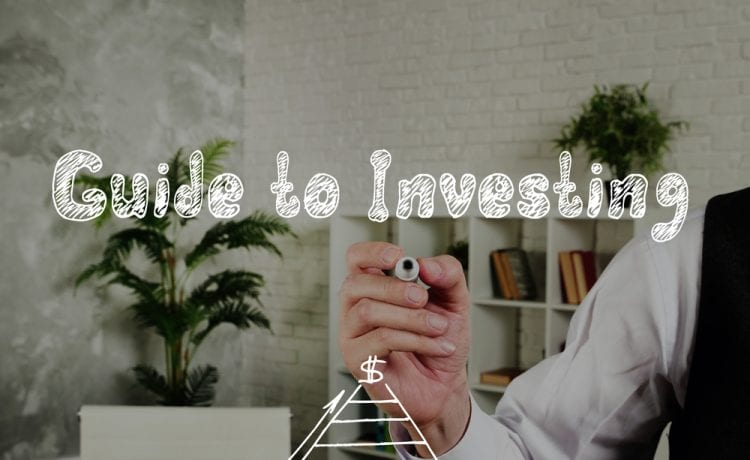Whether you are a novice or just confused about all the contradictory advice out there, A Beginner’s Guide to Investing may help you to grow your money in a smart and easy way. There are a number of options for investing your money, and when you look at the numbers over the long term it can quickly get overwhelming.
The truth is, though, that knowing how to invest your money today to earn more for the future is a great way to ensure a financially secure future. Just letting your capital sit idle in your bank account may not help you save for the long term. This is why it’s important to consider investing as early as possible.
The good part is that there are more options for investing for beginners than ever. In the UK, for example, there are a wide range of investment options. But, before you decide where to invest money, you need to know what is meant by investing.
What is investment?
Investing is simply putting your money into an asset with the goal of generating income, or appreciation in value.
Consider real estate, as an example. If you purchase a house for renting it out to tenants, it is an income-generating asset. If you purchase a house to renovate and sell it for a higher price, it is an asset that has appreciated in value.
The same goes for investing in shares. A share is a small part of a company. If the company pays dividends to shareholders, it is a form of investment income. You can also choose to sell your shares – after the company’s share price has risen, in which case you’ll make a profit.
When it comes to what you can invest in, there are a wide range of assets for you to choose from, including shares, index funds and ETFs, bonds, commodities, currencies, cryptocurrencies, real estate and more.
The reason for doing this is simply to make your money work harder for you than it would if you just held it in cash.
Why should you invest money?
Investing for beginners typically starts with this question – why invest at all? The simple answer is to build your wealth.
Most of us have noticed that prices don’t remain the same, goods and services seem to cost more than they did five or 10 years ago. This is inflation – the rate at which the price for goods and services increase over time.
It means the value of the cash in your bank account decreases over time. The basket of goods and services you could buy with £100 would have been much larger 50 years ago than it is today. Similarly, £100 in your wallet today will buy a smaller basked in another 50 years’ time.
The benefit of investing is that you can earn a higher return than the rate of inflation, meaning your money may increase at the same rate (or, at a higher rate) as the cost of living.
Unfortunately, most bank accounts aren’t offering very high interest rates today, so when you’re investing your money, you’d want to put it in ventures that offer the potential to earn higher rates of return, in order to grow your wealth over time.
The power of compound returns
So how do investments work in practice, when it comes to making you money?
Simply, each investment has a rate of return, or the rate at which the investment will increase in value over time.
Every year you would continue to earn interest on your growing account balance.
So one of the biggest potential benefits of investing is the ability to earn compound returns (or returns on top of your returns). The higher the rate of return over time, the faster your investment will grow.
One of the biggest differences between simply saving and actively investing is that investments earn a higher return over time, assuming that you’re using good risk management and money management practices, of course.
Savings account
As the name suggests, a savings account is meant to help you save or put away money for a rainy day. Investing, on the other hand, is focused on trying to make your money grow by putting it into a number of investment vehicles that you believe will increase in value over time.
Most of the investment options offer the potential to earn a higher rate of returns compared with a savings account. It’s important to remember, however, that they also involve different degrees of risk.
People invest for all sorts of reasons, like creating wealth for the long term, planning for retirement, meeting financial goals, or simply adding to their disposable income. Some investment products offer tax benefits, which translates to the double benefit of tax saving and capital gains.
Timing the trading
One of the biggest challenges for beginners learning to invest is learning what to expect.
So, investors should learn to buy and sell at the exact right time in order to succeed.





